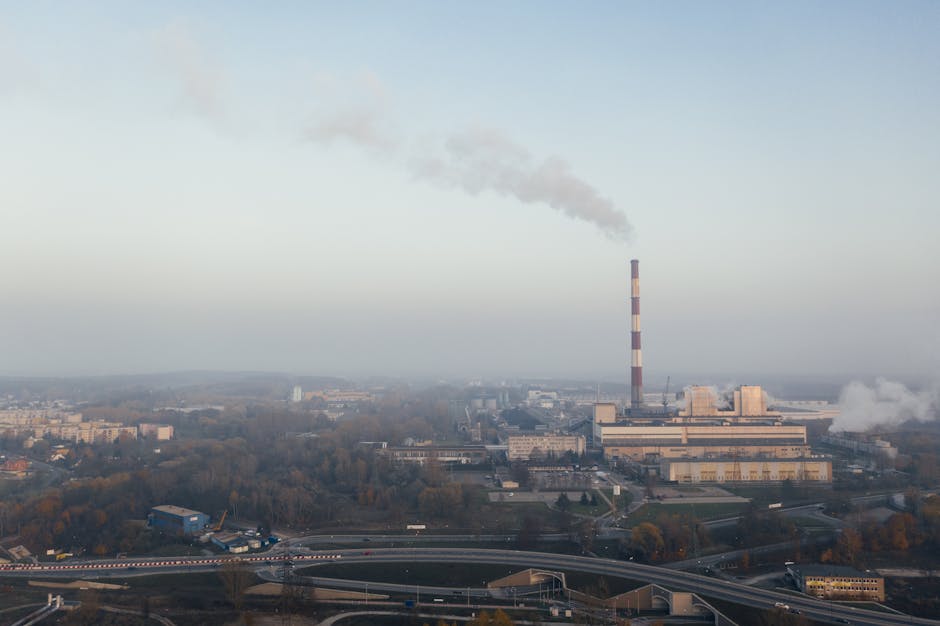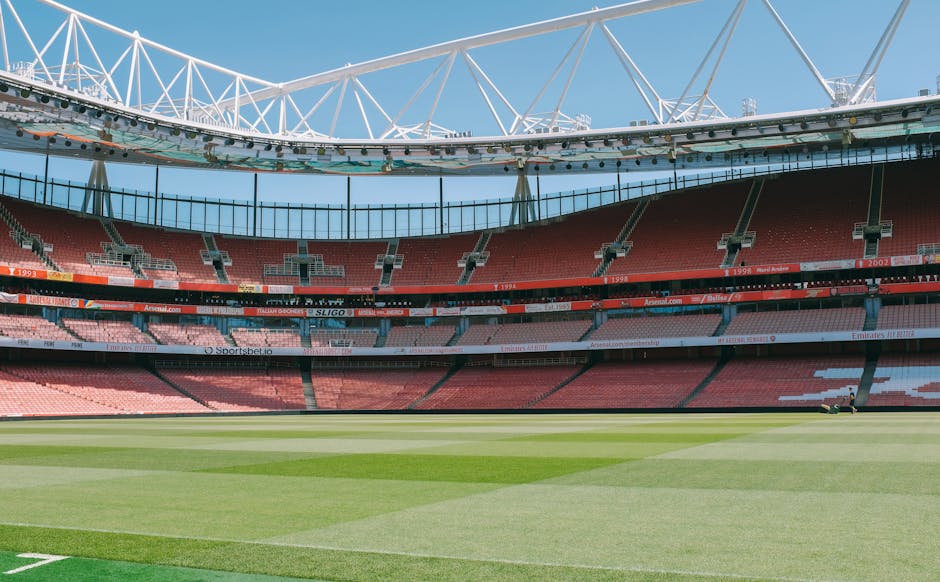**
UN Climate Talks Fall Short on Fossil Fuel Commitments
The recent United Nations climate negotiations in Bonn, Germany, ended without securing new agreements to phase out fossil fuels—a critical step in meeting global climate goals. Despite rising pressure from scientists and vulnerable nations, countries remained divided over financing, responsibility, and transition timelines, casting doubt on the effectiveness of international climate diplomacy.
A Pivotal Moment Missed
The Bonn talks were meant to set the stage for COP29 in Baku, Azerbaijan, later this year. However, disputes between developed and developing nations stalled progress, particularly on whether to establish a clear timeline for ending fossil fuel use—a top demand from climate-vulnerable countries.
Harjeet Singh, a climate activist with the Fossil Fuel Non-Proliferation Treaty Initiative, warned:
“Every delay means more extreme weather, more suffering, and irreversible damage. We are running out of time.”
Why Fossil Fuels Still Dominate Climate Deadlocks
Fossil fuels drive over 75% of global greenhouse gas emissions, yet efforts to reduce their use face resistance from major oil, gas, and coal-producing nations. While COP28’s agreement to “transition away” from fossil fuels marked progress, the Bonn talks failed to turn that pledge into concrete action.
Negotiations instead focused on technical debates about climate finance and carbon markets, with fossil fuel-dependent economies—including Saudi Arabia, Russia, and India—opposing stricter language on energy transition.
Climate Finance: The Key Stumbling Block
A major barrier remains funding. Developing nations argue they need financial support from wealthier countries to shift from fossil fuels to renewables. However, the $100 billion annual climate fund promised in 2009 remains unmet, weakening trust.
A delegate from Africa voiced frustration:
“How can we phase out fossil fuels without resources for renewable energy? The West must step up.”
Meanwhile, the U.S. and EU insist that major emitters like China—now the world’s largest—should contribute more.
What’s Needed Before COP29?
With Bonn ending in gridlock, pressure mounts for COP29 to deliver:
- Binding Fossil Fuel Phase-Out Plan – Activists demand enforceable timelines, not vague pledges.
- Increased Climate Finance – The New Collective Quantified Goal (NCQG) must be finalized.
- Just Transition Strategies – Protecting workers and communities reliant on fossil fuels.
India’s Balancing Act
As the third-largest emitter, India faces a tough challenge: expanding renewables while relying on coal for energy. At Bonn, it reiterated that developed nations must lead emissions cuts and provide financial aid.
An Indian negotiator stated:
“Our per capita emissions remain low. Climate action must be fair.”
Can COP29 Break the Deadlock?
The lack of progress in Bonn raises concerns about whether COP29 can secure meaningful agreements. Scientists warn that without urgent action, the 1.5°C Paris Agreement goal will slip out of reach.
UN Secretary-General António Guterres urged:
“Leaders must choose: protect people or protect polluters.”
For now, the world remains in limbo—waiting for stronger commitments while the climate crisis escalates.
Stay updated on global climate talks and their impact with NextMinuteNews.
**




